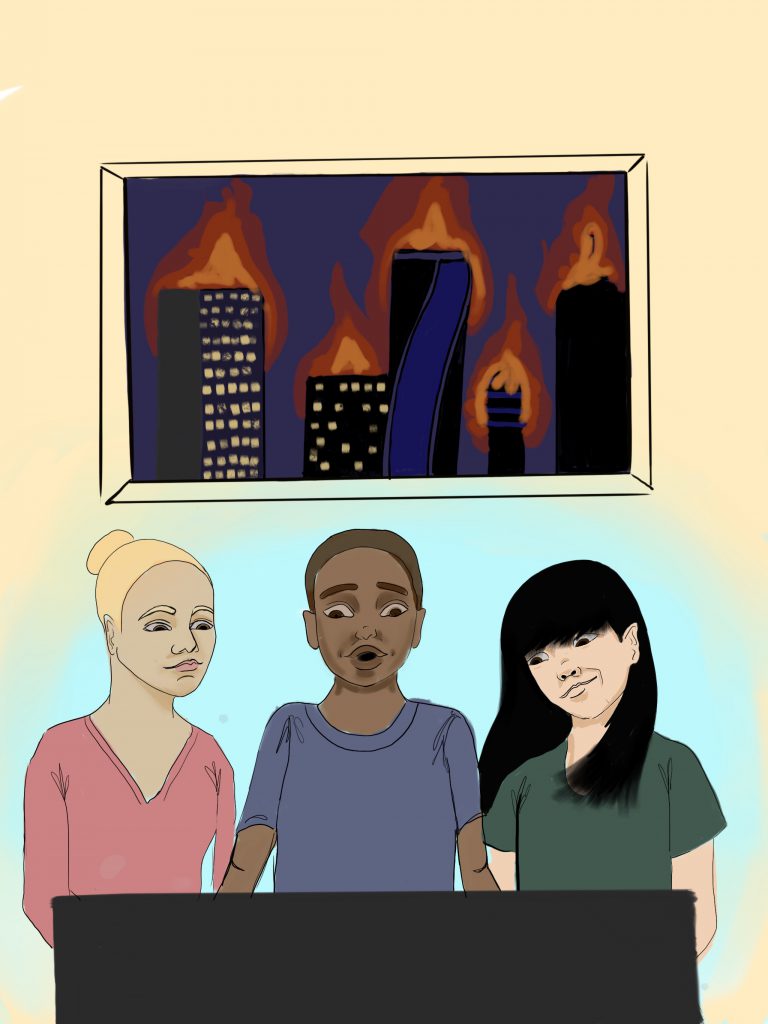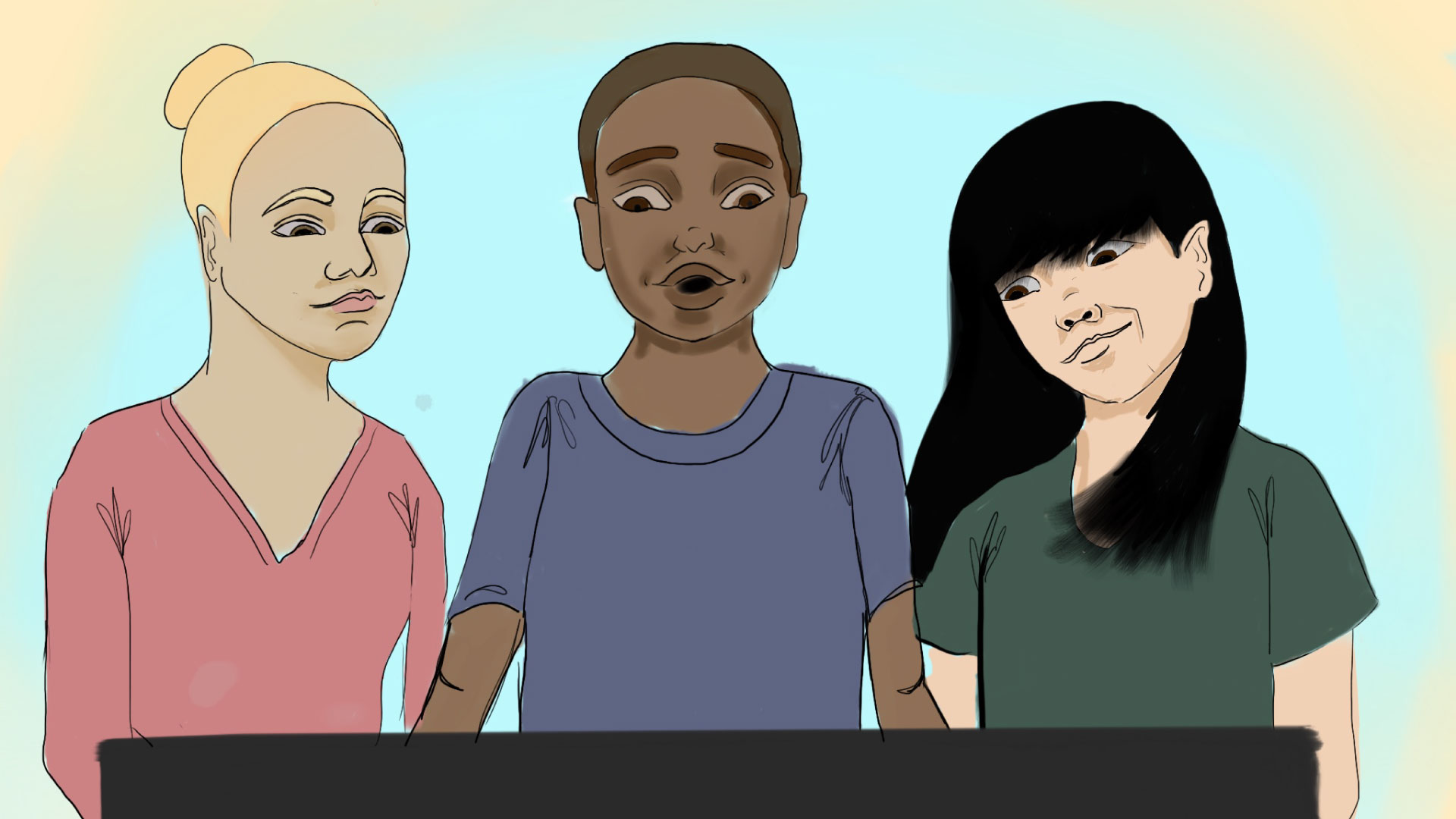Pop Culture Is Distorting Our Priorities

Similar to the kindling of a forest fire that only creates bigger uncontrollable flames, pop culture has only begun to shift our mindset. Let me elaborate; it was not until a Wednesday morning in my English course that a discussion about a short narrative by D. Watkins led to my awakening.
“Too Poor for Pop Culture” is meant to be a commentary on the socioeconomic maladies that befall the lower class. Because certain citizens struggle with real-life issues like hunger, monetary stability, housing, and healthcare, they are not able to partake in and know about the world of pop culture. How is it that the essay’s character “Miss Sheryl” (who suffers from dialysis and lives in a run-down 401k housing unit) does not know what a selfie is?
Watkins’s piece shines the spotlight on the upper and middle classes, showcasing that pop culture is a privilege that many can’t experience because of the circumstances they endure. His narrative serves to open a discussion: more people are aware of what celebrities do in their lives than what goes on in their own backyards.
It is hard to comprehend that a photo of an egg can receive the acknowledgment of more than 50 million people on social media, setting a new record. It’s astonishing to see that a simple egg can gain such traction and more people are engaged in this than in the division that political leaders are creating.
Applications like Twitter, Facebook and Instagram have huge roles in deciding what becomes world news, whether it is a photo of a pregnant Beyoncé, an album release by Travis Scott or an oil pipeline politicians want to build that crosses native tribal land. Let me rephrase: this control is not given to the apps themselves, but rather given to its users. Ultimately, it is the people that elect what is important enough to become groundbreaking news.
Imagine that the people of the world choose what to make important. If that is so, why is there no real news broadcasted daily? Of course, there are news reports on television, but statistics show that six out of ten young adults get their news online. The real answer is that either people do not understand the severity of the situations that require attention or they genuinely do not care about them. This notion of not caring is seen more with the younger demographic, the age group that is exposed more frequently to pop culture, and the one that essentially controls the internet.
Kids and young adults do not seem to pay much attention to issues that do not affect them directly. Then how has pop culture become so centered on the lives of the one percent? This is mainly because everyone loves to escape reality, even for a split second. If it means that someone can de-stress from their duties, then maybe tweeting about Kanye West’s rampage on Twitter is important.
Quite frankly, the power that pop culture has gained is insane. It is interesting that a construct of humanity has been able to dictate what is prioritized, changing our priorities in the process. Conversations about the real world and its issues are no longer the norm. Instead, discussions about who wore what to the Met Gala are more prominent. This is a huge problem that needs to be solved. If not, what society will we be living in: the digital or the physical?
Fortunately, some individuals with immense clout have used their stake of pop culture to expound on essential matters. Belcalis Marlenis Almánzar, known as “Cardi B,” recently spoke about the government shutdown. Believe it or not, many citizens did not know that federal workers were not being paid and forced to work without pay. They either must be “too poor for pop culture” or too entrapped by pop culture to see the issues first or second hand. Having celebrities turn pop culture into a sizable informational outlet with it continuing to remain a place of escape is a viable solution, and we need more people with influence to contribute to news awareness.

